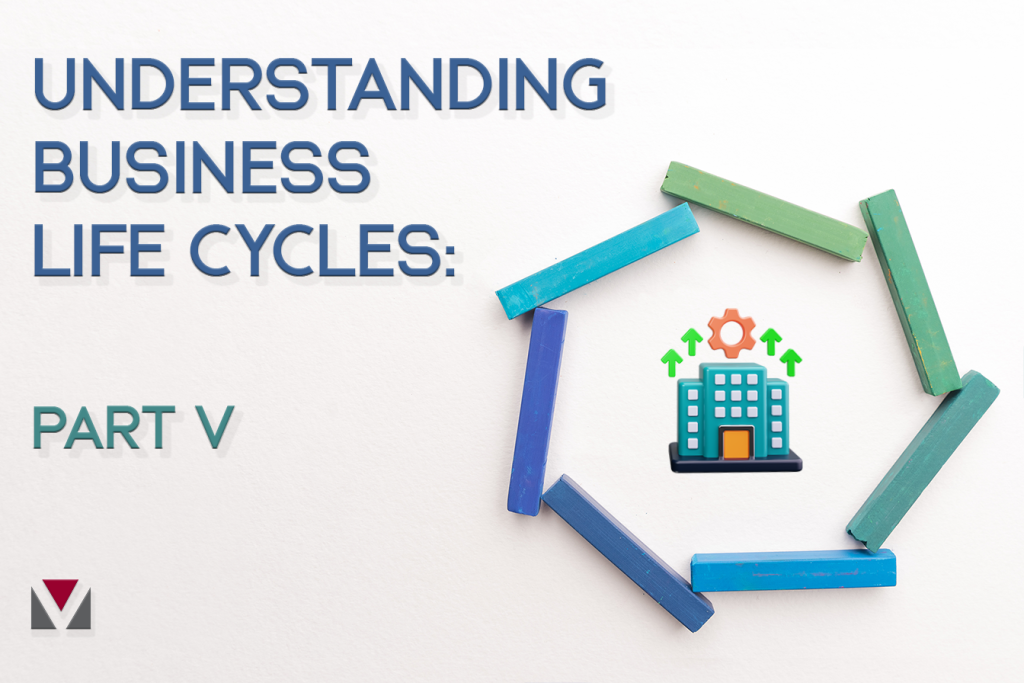LIFE CYCLES, Part V
As companies grow, their owners will eventually find themselves unable to manage all the things they were able to when the company was smaller. Things like scheduling and workflows—whether it’s an individual project or job or a workflow that involves producing a product. This oversight includes the upkeep of the equipment used to produce the company’s products; hiring and managing the people who produce the work; overseeing the company’s increasing payroll and finances. There’s just not enough of the owner to go around, so they must hire or promote those who can supervise or manage the people and processes. This is also when maintaining the company’s high levels of customer service and product quality are at risk, since the owner is no longer able to personally do the work or oversee the people doing it.
It’s at this point that the company enters the “We” phase of its growth. Just as it is with the “Me” phase, the “We” phase isn’t defined by a specific annual revenue or a length of time in business. Instead, it’s defined by its need for management and internal structure and by the increasing complexity of operating a larger company.
A former client of mine had a playful example to describe when a company reaches the “We” phase. It involves a shopping trip with a parent and their children.
Imagine a scene where a parent of two young children decides to take them shopping. From previous experiences, the parent knows that they will be the one in control, as they can hold the hand of each child to be sure they behave and don’t run off.
But if the parent has three children, they soon (and sometimes painfully) realize that the balance of control has shifted in favor of the children. Now, instead of being able to manage all three kids, they can only manage two, leaving one to run around “off the leash,” potentially disrupting other shoppers, inciting their two siblings who are being held by the parent, and creating a scene that the parent is loath to repeat anytime soon. With this example, he might have been describing the Violand children from years ago!
A business owner reaches a similar point when they recognize that they can no longer manage the increasing complexity of their business all by themselves and will need to either resign themselves to running a business that they can manage on their own—in other words, stop growing—or hire or promote competent managers to share some of the responsibilities so they can continue growing the company.
Gone are the simpler days of producing work, collecting money, then moving on to the next job, and generally controlling every aspect of the business. It’s during the “We” phase that many owners gradually realize that they are no longer, nor can they continue to be, the brightest mind in the company. If the goal is to continue growing, the owner must rely on people who are much better at their specific areas of business than the owner is. For many owners, this can be unsettling on several different levels.
The “We” phase is also when owners become aware that many of the loyal employees who helped them get to this phase either don’t have the capacity or the will to help them get through this phase and to the next. This means that some very difficult and painful decisions with respect to employment may need to be made.



